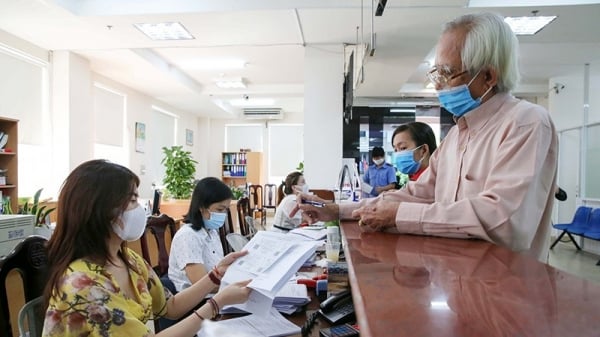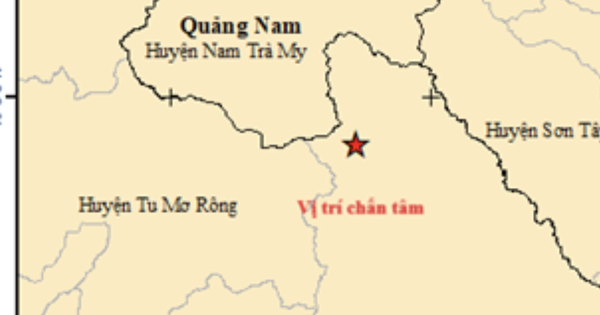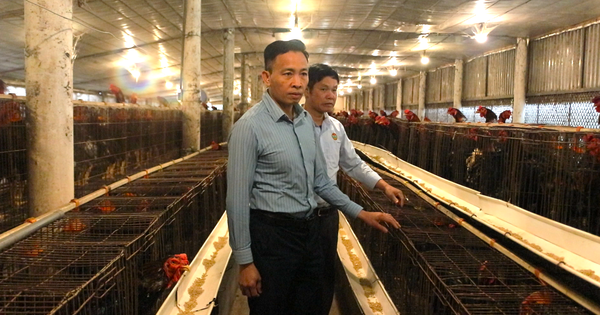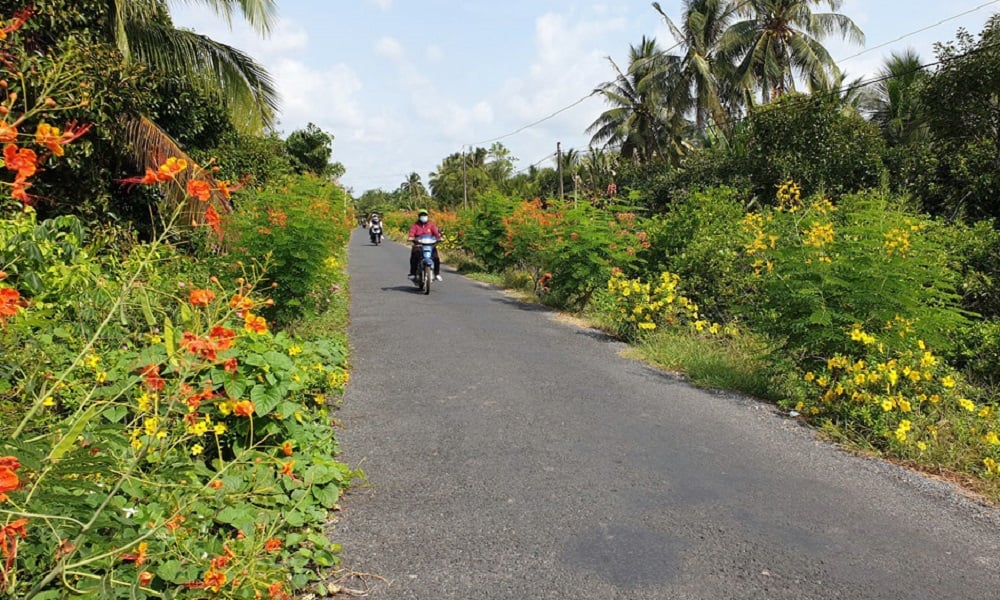Minister of Labor, War Invalids and Social Affairs Dao Ngoc Dung has just signed the Government's submission to the National Assembly on the draft Law on Social Insurance (amended). The draft law will be given the first comments by the National Assembly at the 6th session scheduled to open on October 23.
Reduce the minimum social insurance payment period to receive pension from 20 years to 15 years
Notably, the proposal stated a reduction in the minimum social insurance payment period to receive pension from 20 years to 15 years, in order to increase the number of people receiving pension.
In order to increase the number of pensioners, Resolution No. 28-NQ/TW stated: "Amend the conditions for enjoying pension benefits in the direction of gradually reducing the minimum number of years of social insurance contributions to enjoy pension benefits from 20 years to 15 years, towards 10 years with an appropriate benefit level calculated, to create conditions for elderly workers with low years of social insurance participation to access and enjoy social insurance benefits".
According to social insurance principles and international practices, to receive pension, workers must simultaneously meet two conditions: reaching retirement age and having paid social insurance for the minimum period.
As for the minimum social insurance payment period, according to the current Social Insurance Law, it is required to have paid social insurance for 20 years.
The Government assessed that the current regulation requiring the minimum social insurance payment period to receive a pension of 20 years has caused difficulties and reduced the opportunity to receive a pension for some people who have not paid social insurance for 20 years.
Therefore, Article 64 of the draft Law has been amended to stipulate that employees who reach retirement age and have paid social insurance for 15 years or more will receive a monthly pension.
This regulation aims to create opportunities for some groups of people who start participating in social insurance late (starting participating at 45-47 years old), or participate intermittently, or do specific jobs with short working time, leading to not having accumulated enough 20 years of social insurance contributions when reaching retirement age, to have the opportunity to receive a monthly pension and be guaranteed health insurance.
This regulation also contributes to reducing the number of people receiving one-time social insurance benefits due to eligibility for pensions. For employees with a longer social insurance payment period, they will still receive pensions with a higher pension rate unchanged compared to current regulations.
According to statistics, in the 7 years of implementing the Law on Social Insurance in 2014, there were over 500,000 people receiving one-time social insurance benefits who had participated in social insurance for over 10 years and were aged 40 or older; over 70,000 people who were past retirement age had to receive one-time social insurance benefits because they had not paid enough 20 years of compulsory social insurance; over 20,000 people who reached retirement age had not paid enough time and had to pay one-time benefits for the remaining time to receive pension.
Therefore, if the minimum period of 20 years of social insurance participation is still stipulated, these people will hardly have the opportunity to receive pension.
Supplemental social pension benefits
In the Draft Law on Social Insurance (amended), the Government proposed to supplement social pension benefits and reduce the age of receiving benefits to 75.
Accordingly, the draft Law stipulates that Vietnamese citizens aged 75 and over who do not have pensions, monthly social insurance benefits and other monthly social benefits will receive social retirement benefits guaranteed by the State budget, aiming to achieve the target assigned by the Central Government by 2030 of about 60% of people after retirement age receiving pensions, monthly social insurance and social retirement benefits.
The draft Law also adds a provision that employees who reach retirement age but have not paid social insurance enough to receive a pension (less than 15 years of payment), and are also not old enough to receive social pension benefits (not old enough to be 75 years old), can choose to receive monthly benefits for the period before reaching the age of receiving social pension benefits.
The benefit level depends on the payment period, salary, and monthly income of the employee for social insurance. At the same time, during the period of receiving monthly benefits, they are entitled to health insurance guaranteed by the State budget.
The Government believes that this regulation helps increase the number of beneficiaries of monthly subsidies without causing a large increase in the State budget.
Employees who have paid compulsory social insurance for 5 years, if they do not receive a one-time social insurance payment, can receive a monthly allowance (with a minimum level equal to the social pension allowance) as soon as they reach retirement age, instead of having to wait until age 75.
It is expected that the total number of people benefiting from this policy will increase to over 800,000 people due to the reduction in age, and about 300,000 people due to the linking of the social pension level with the basic social insurance level (compulsory and voluntary social insurance).
Add 5 groups to participate in compulsory social insurance
The draft also adds 5 groups participating in compulsory social insurance, including business owners (with business registration), part-time workers in villages and residential groups, similar to part-time workers at the commune level.
Enterprise managers, controllers, representatives of state capital, representatives of enterprise capital at the company and parent company, and cooperative managers do not receive salaries.
Along with that are part-time workers (workers working on flexible schedules).
In case of not entering into a labor contract or an agreement with another name but with content showing paid work, salary and management, operation and supervision of one party in accordance with the 2019 Labor Code.
According to Government calculations, the total number of people expected to be expanded to participate in social insurance is about 3 million people.
In addition, the draft also adds a number of regulations to handle the situation of late payment and evasion of social insurance payment.
As prescribed, pay an amount equal to 0.03%/day calculated on the amount of money evaded; decide to stop using invoices for employers who evade social insurance payment for 6 months or more; decide to postpone exit for employers who evade payment for 12 months or more.
TM
Source




![[Photo] Prime Minister Pham Minh Chinh chairs meeting to remove difficulties for projects](https://vstatic.vietnam.vn/vietnam/resource/IMAGE/2025/3/30/7d354a396d4e4699adc2ccc0d44fbd4f)


![[Photo] Ministry of Defense sees off relief forces to the airport to Myanmar for mission](https://vstatic.vietnam.vn/vietnam/resource/IMAGE/2025/3/30/245629fab9d644fd909ecd67f1749123)
























































































![[REVIEW OCOP] An Lanh Huong Vet Yen Cat](https://vstatic.vietnam.vn/vietnam/resource/IMAGE/2025/3/27/c25032328e9a47be9991d5be7c0cad8c)



Comment (0)